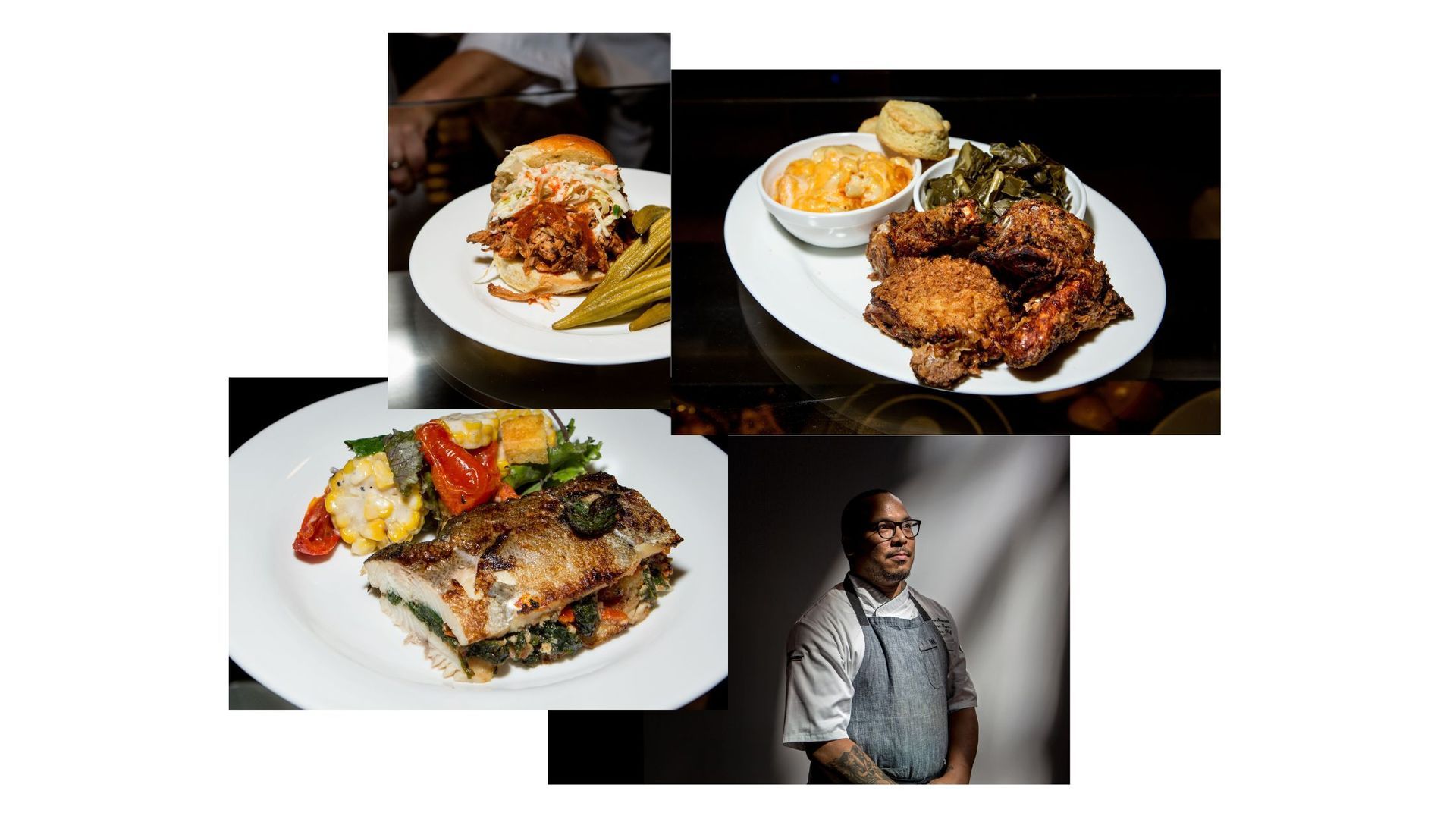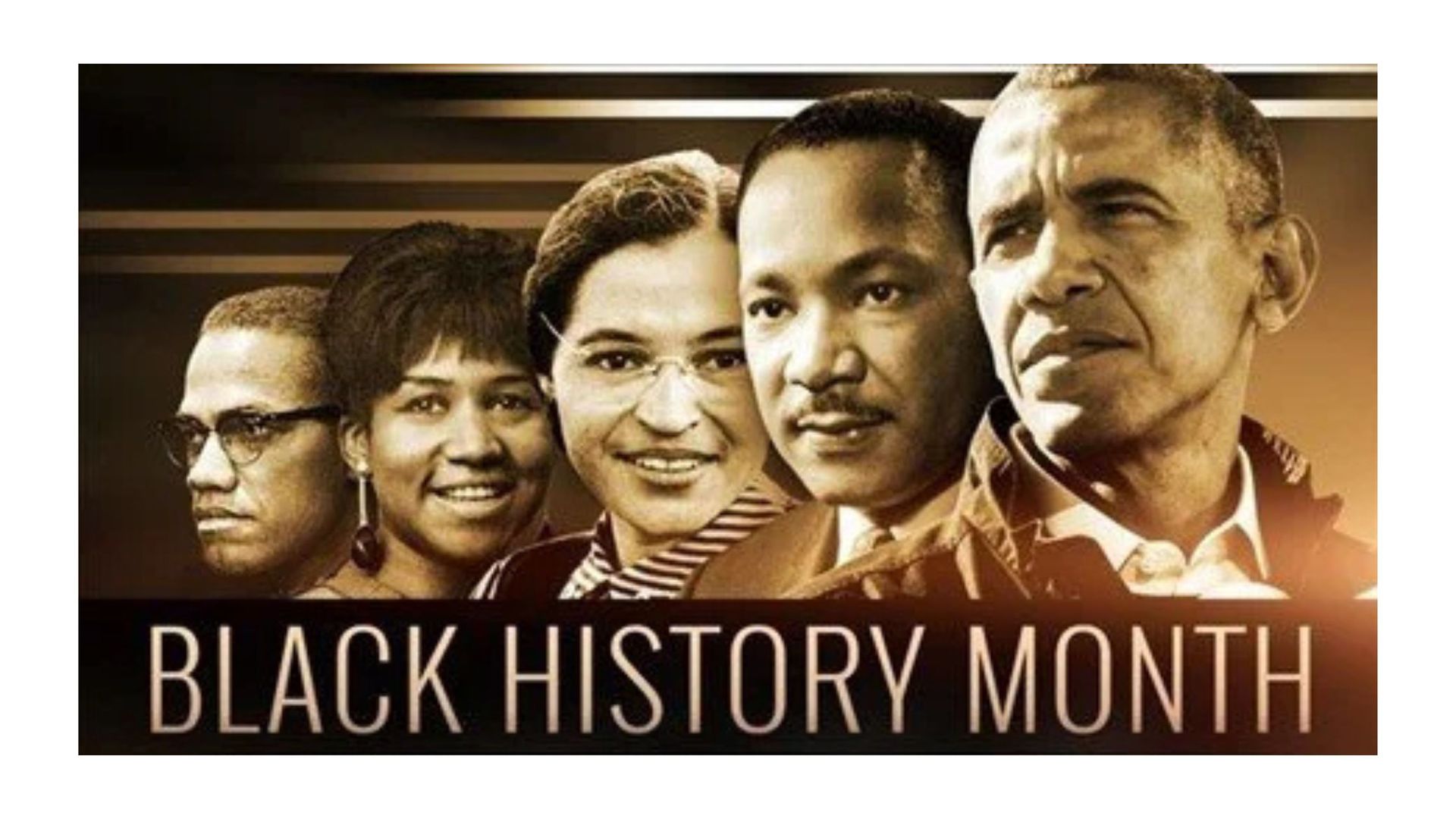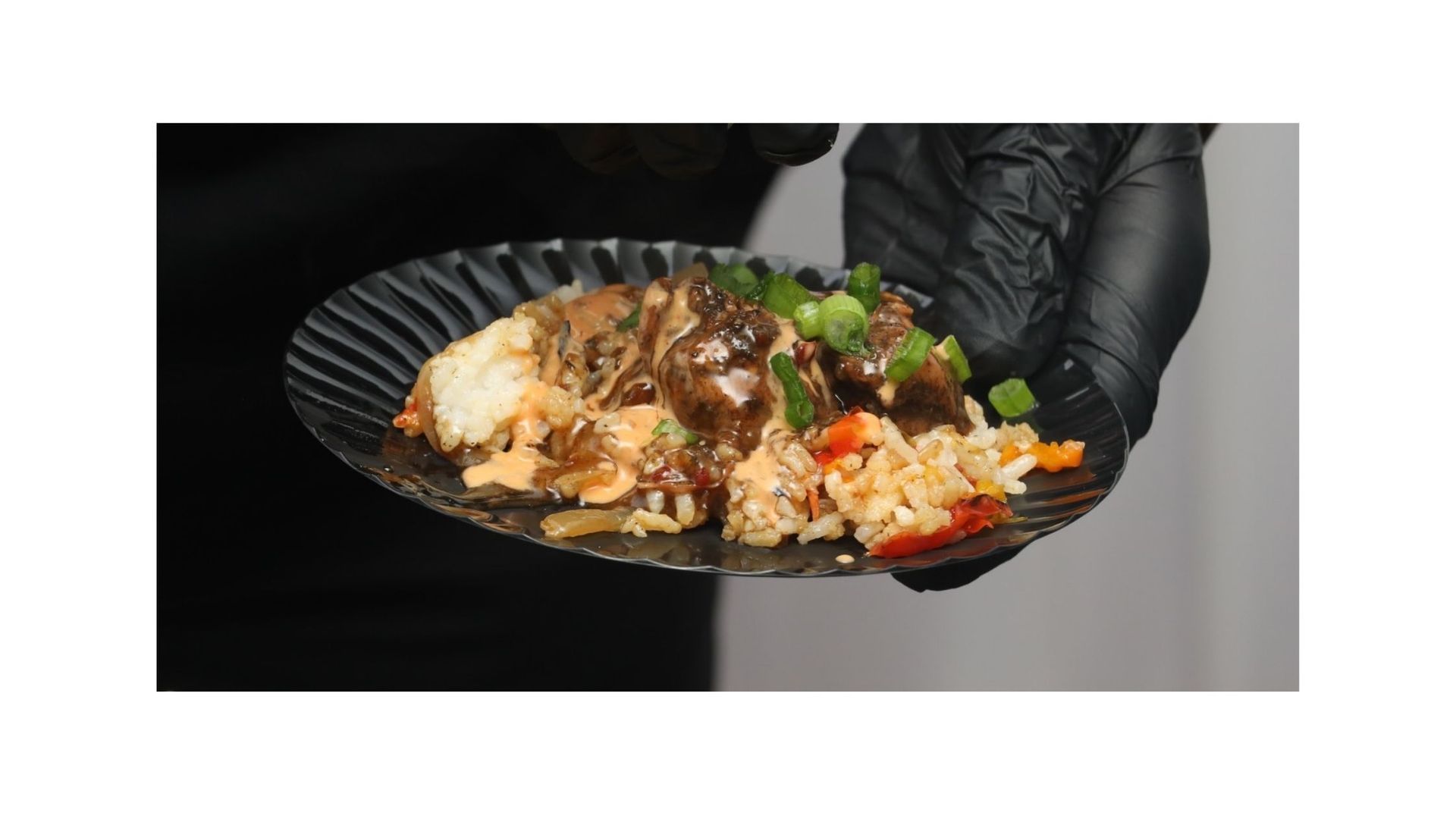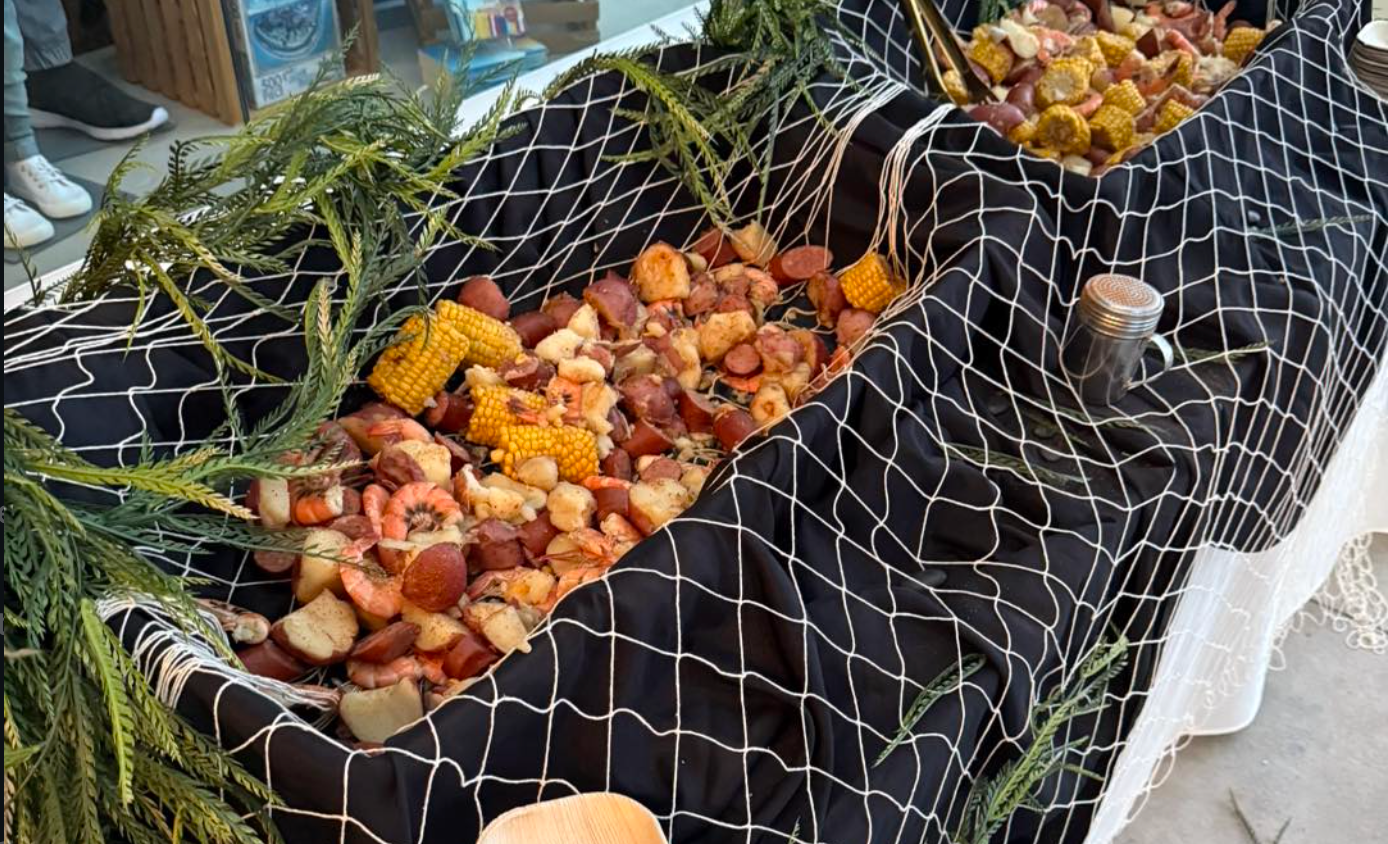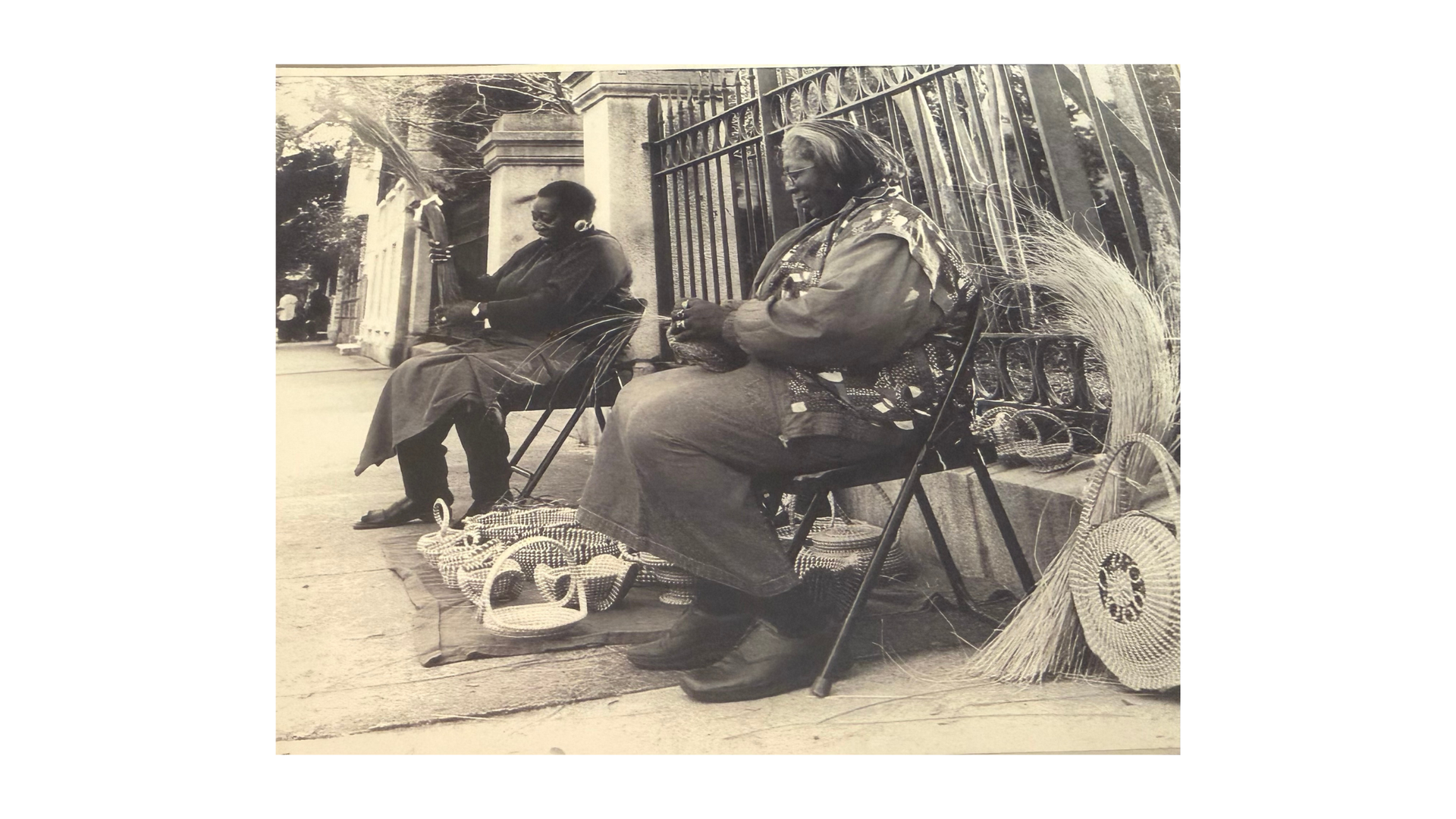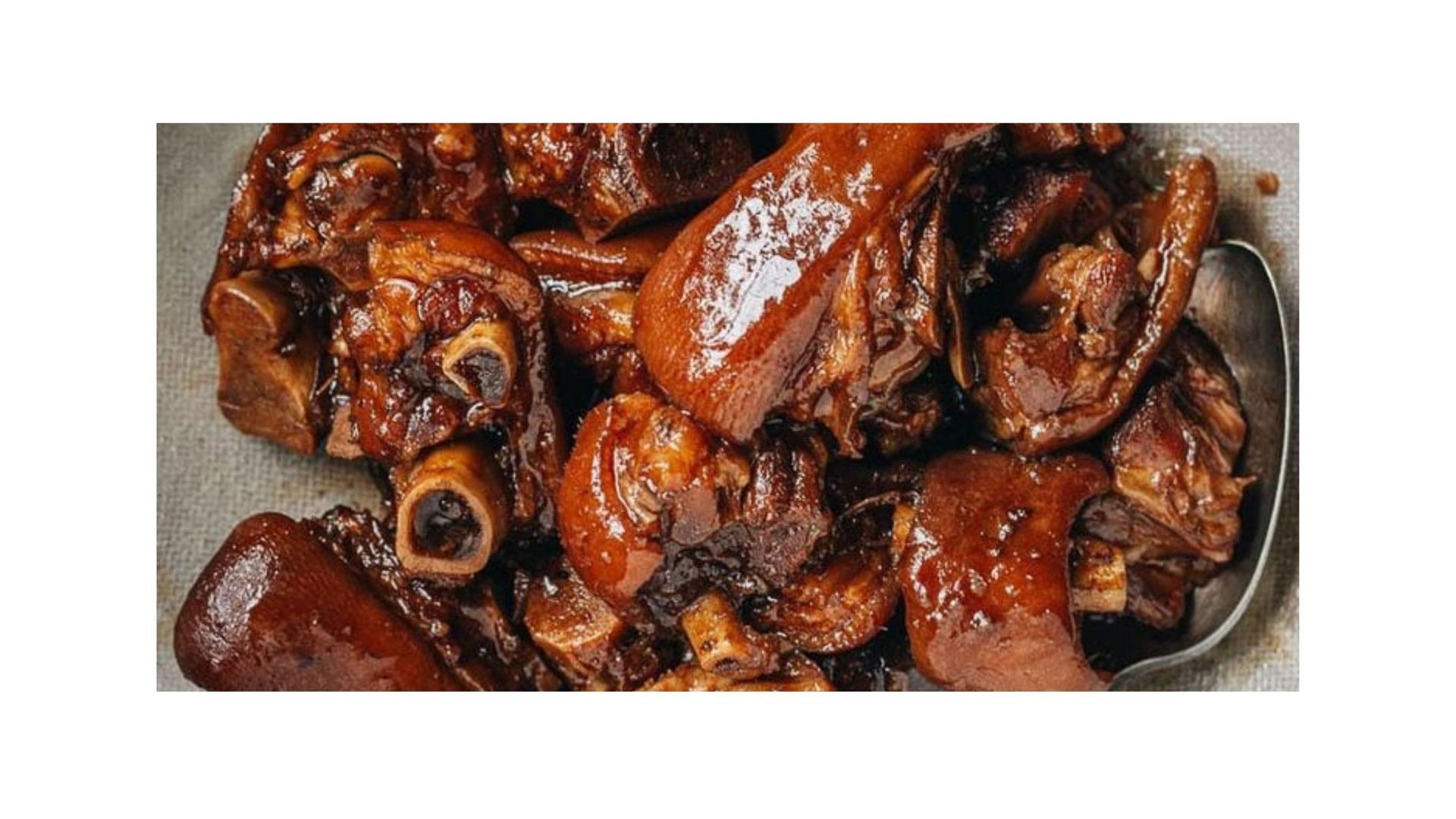Okra Soup vs. Gumbo: A Lowcountry Perspective
Here in the Lowcountry, food isn’t just nourishment—it’s storytelling, heritage, and family. At Carolima’s, we know that two dishes often spark conversation at the table: okra soup and gumbo. Both are rich with history and flavor, both are rooted in African traditions, and both remind us why Southern food is truly soulful. But they each carry their own place in the culture of the South, especially right here where Gullah Geechee traditions run deep.
Okra soup has always been close to home for us. In many Lowcountry households, it’s simmered with tomatoes, onions, peppers, and the star—okra—until it becomes a flavorful, hearty broth. Sometimes we add shrimp or crab for that taste of the coast, or even smoked meats to deepen the flavor. It’s lighter than gumbo, yet just as comforting, and pairs beautifully with red or white rice or a side of cornbread. It’s a dish that lets the okra shine, just as our ancestors intended.
Gumbo, by contrast, feels more like a cousin than a sibling. Born in Louisiana, gumbo brings together a roux base, layers of spices, meats like sausage or chicken, and of course, okra and filé powder to thicken it up. It’s hearty, complex, and meant to be shared, usually served over white rice. While gumbo isn’t native to the Lowcountry, it’s a dish we respect for its bold flavors and the way it reflects the same blending of cultures we see here.
The beauty of Southern cooking is that it gives us room for both. Just like shrimp and grits, she-crab soup, or collard greens with smoked meats, okra soup and gumbo show how food carries history from one generation to the next. Each dish tells a story of survival, celebration, and community. At Carolima’s, we see okra soup as part of our Gullah Geechee roots and gumbo as a flavorful neighbor from down the way—both welcome at the table, both worth savoring.
So whether you’re spooning into a bright, tomato-based okra soup or diving into a dark, rich gumbo, you’re not just tasting a meal—you’re tasting tradition. And here in the Lowcountry, tradition is what keeps us gathered, keeps us grounded, and keeps us grateful.
